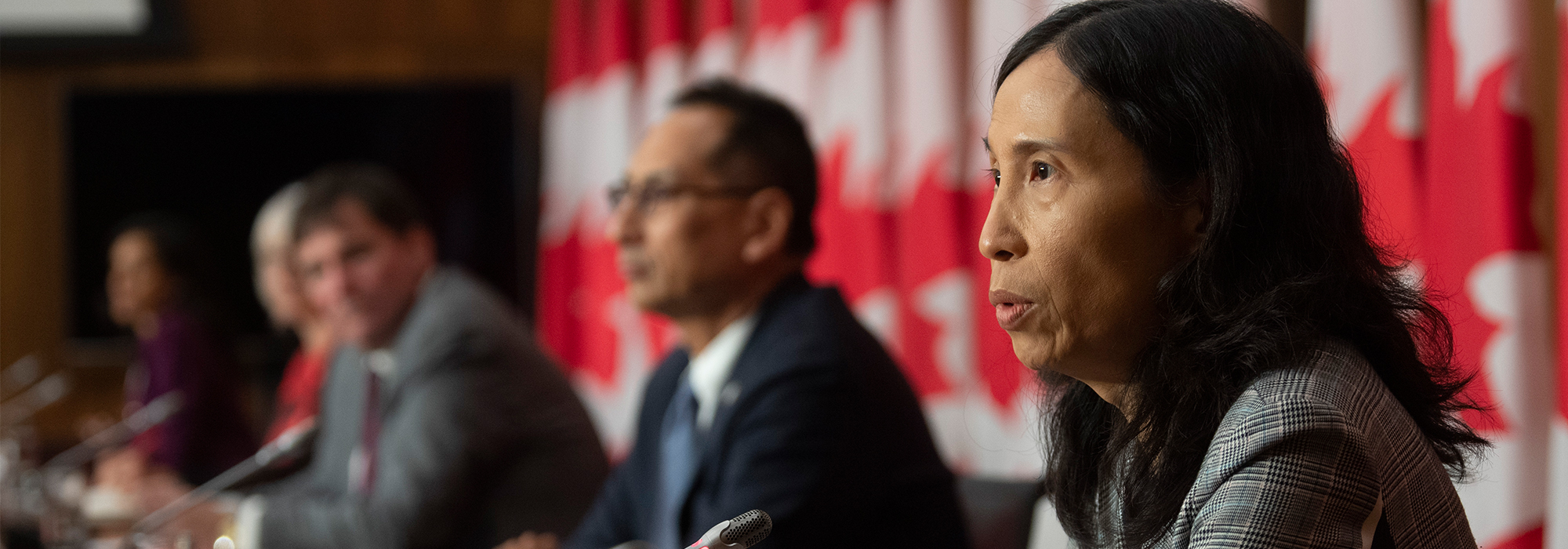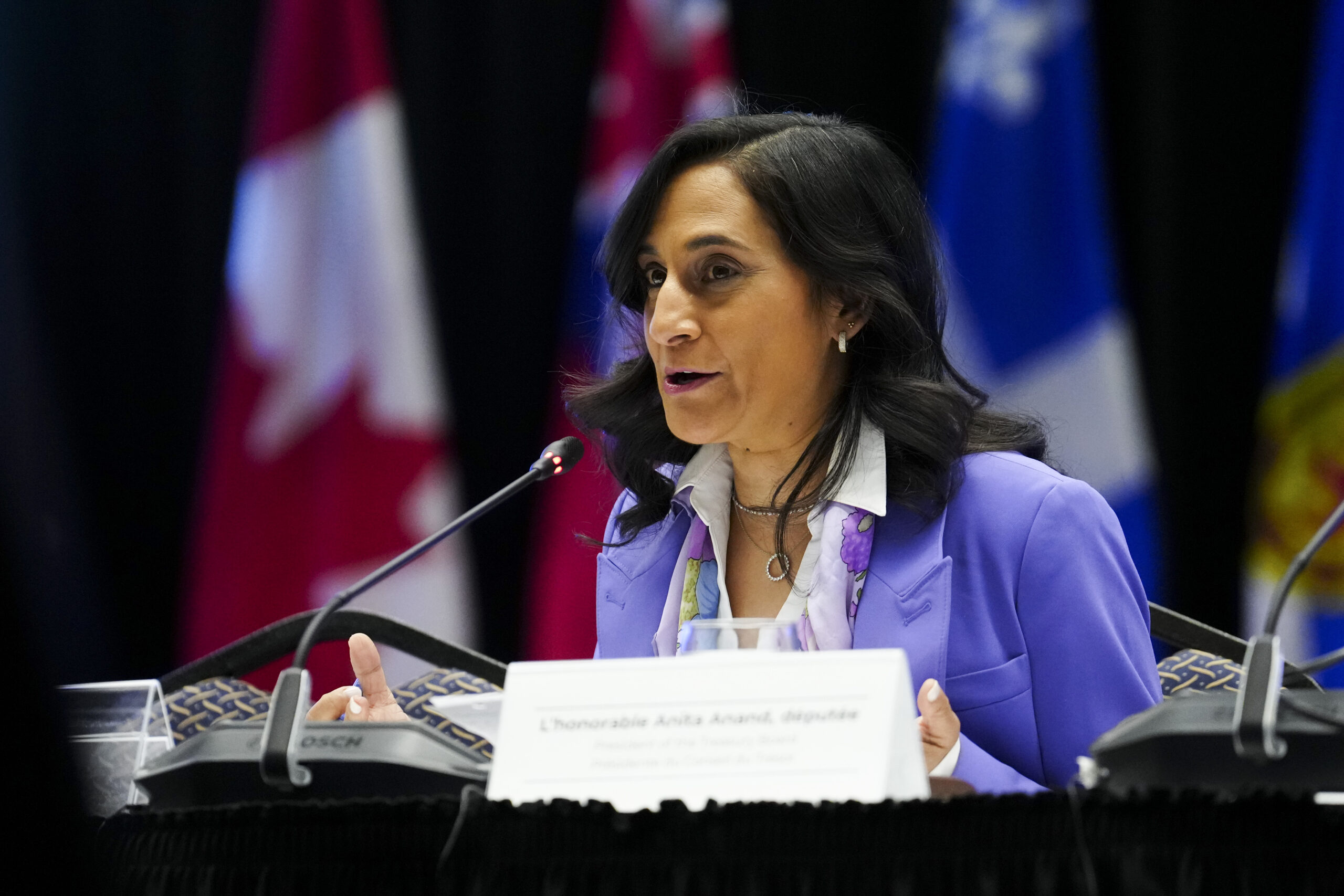
During these COVID times, many workers are being lauded for their ability to adjust and adapt to the new world order. That is not necessarily the case for those working in the public sector. Despite going above and beyond to address historic challenges emerging daily, we have found condemnations against government come fast and furious and the accolades are few and far between.
Government criticism is nothing new, and we share more about why that is in our book How Government Really Works — a Field Guide to Bureaucracies in Canada. But it is unfortunate that it’s happening when thousands of public servants across the country are taking unprecedented steps to help Canadians deal with the significant health, social and economic consequences of the pandemic. There should be little doubt about the importance of that work – especially given what’s happening south of the border.
We’ve been debating the complaints with family and friends, where some are arguing governments have gone too far – or not far enough – with public health directives and emergency relief. Similar sentiments have been reflected in many of the comments we see on social media after live updates from government officials.
Those arguments also appear in reports by major media outlets, with criticism of government for “recklessly handing out gobs of money” and financial assistance programs that “were hastily rolled out and were not targeted toward those in need.” There are also stories of people taking advantage of emergency relief while others are unable to get it. Dozens of people contacted CBC News to voice complaints about difficulties accessing financial benefits in October. Public health officials have been criticized for their handling of the crisis, with one expert saying, “conflicting medical guidance in recent months has left room for public doubt,” pointing to backtracking and mixed messages.
As former bureaucrats, we’re hoping to influence the narrative by shedding light on the obstacles public servants are overcoming to launch and support initiatives in the COVID era. They are doing so at a time when they, like many others, are dealing with the personal impacts of the pandemic and in an environment where everyone has an opinion on how they should or could do their jobs.
Let’s look at the programming side first. Civil servants rolled out multiple initiatives across the country in record time because individuals and businesses desperately needed help to make up for lost income. Many of those losses resulted from government directives that forced businesses to close. Despite unprecedented government spending and the rapid release of funding, many people have complained the financial support is inadequate. Consider for a moment the monumental task of managing such large expenditures with deficit projections associated with the spending by the federal government alone estimated at $343 billion as of mid-2020.
As we also discuss in our book, government interventions are rarely enough – even at the best of times. That’s because bureaucrats have only so much money to work with and those budgets are set by elected officials, who also face limits. While we served, we did our best to stretch allocated dollars as widely as possible. Needs were always greater than resources available, so the focus was on meeting minimum standards. We expect this is the case with programs set up in response to COVID-19. In keeping with the fairness principle, programs also tend to be designed to meet the needs of the many and are therefore not tailored to individual circumstances.
We have no doubt it took a Herculean effort for bureaucrats to jump through the many chains of command and silos to speed up their responses. And they likely had to rush through time-consuming assessments of impacts and implications that demand due process and evidence before recommending a course of action to decision-makers.
We also share more about these legitimate bureaucratic features and processes in our book, where we argue that scrutiny is critical to support accountability requirements. For the most part, we should want bureaucratic checks and balances given the significant costs associated with programs and the importance of equity and fairness in service delivery.
On the policy side of the house, the pandemic placed bureaucrats in the unenviable position of recommending life-saving public health directives as evidence was unfolding. This is contrary to practices that require civil servants to present options to decision-makers that are grounded in comprehensive research. Our book goes through the steps involved in presenting policy options, and the work is not for the faint of heart.
There is no doubt the evolving evidence resulted in frequent changes in health policy directives, and we’re thankful politicians are listening. While necessary and prudent, it has become a source of frustration for the public, which has directed its disapproval at the bureaucrats delivering the messages. In the extreme, BC Provincial Health Officer Dr. Bonnie Henry has received death threats.
We know that in some cases, decision-makers have had to proceed with little or no evidence to guide them, and that new evidence is unfolding as the pandemic progresses. For example, citizens initially received conflicting messages about the use and effectiveness of masks. There is no quick fix or right answer, and bureaucrats have to act without the safety net of time-proven evidence and trial periods.
Providing evidence is no easy feat at any time. Most problems in government are complex, riddled with paradoxes and conflicts, and they are inextricably linked to other issues. The pandemic has highlighted this reality, and the lethal consequences of not acting adds a whole other level of complexity.
Bureaucrats have long been blamed for not doing enough or for moving too cautiously. But now, doing work that is critical and especially tough to do in the challenging environment of COVID, they are demonstrating they can move quickly in unfamiliar terrain in urgent circumstances. And for that, they are being criticized. In other words, they can’t win for losing. They’re doing their best to keep citizens safe. They deserve the public’s appreciation.
Photo: Canada’s Chief Public Health Officer Theresa Tam responds to questions during a news conference on October 6, 2020 in Ottawa. THE CANADIAN PRESS/Adrian Wyld








